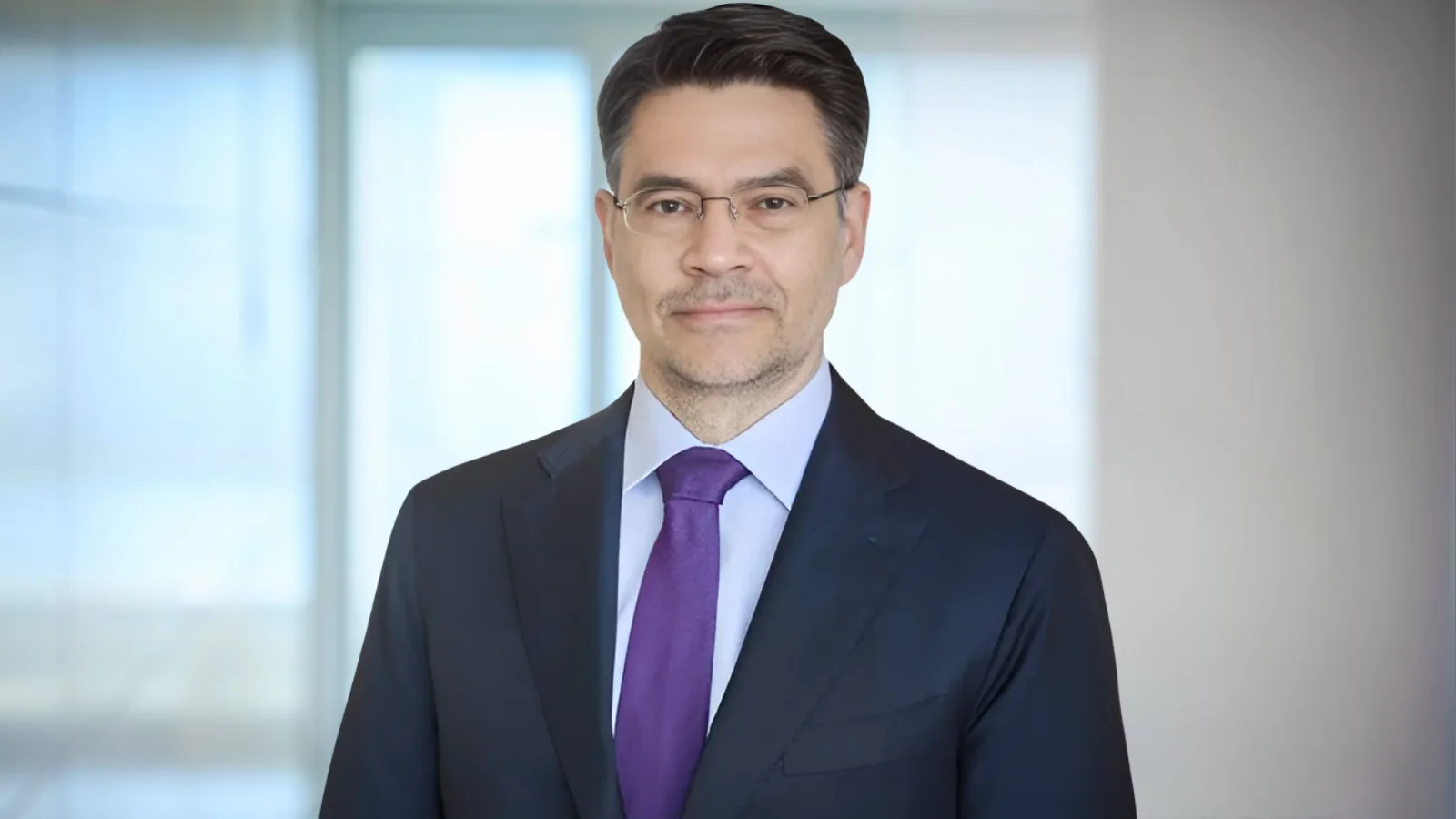Small and medium-sized enterprises (SMEs) in Germany have demonstrated stability during a period of economic challenges, according to the latest KfW SME Panel. In 2024, total turnover for the 3.87 million SMEs rose by two percent to EUR 5.2 trillion. When adjusted for price changes, this represented a slight decline of one percent, an improvement compared to the ten percent drop reported in the previous year.
Employment figures reached a new high, with SMEs now employing over 33 million people—an increase of 207,000 from the previous year. Over the past two decades, employment in this sector has grown by about seven million.
The findings are based on data collected between February and June 2025 through the KfW SME Barometer, which surveys enterprises with turnovers up to EUR 500 million. A supplementary survey was conducted in September 2025.
Businesses also saw a modest rise in their average equity ratio to 30.7 percent in 2024. The proportion of undercapitalized SMEs—with equity ratios below ten percent—fell by more than five percentage points to 28.4 percent. Only six percent of businesses reported negative equity ratios, half as many as last year.
Dr Dirk Schumacher, Chief Economist at KfW, stated: “The public discourse in Germany tends to focus on large enterprises. Yet it is the small and medium-sized enterprises that play a pivotal role in shaping Germany as an economic hub.”
He added: “It is therefore important for policymakers to always keep these enterprises in mind as they work to cut red tape, facilitate investment and lower costs.”
Profitability among SMEs remained stable with an average profit margin of seven percent in 2024—historically above levels seen in the early 2000s but lower than those between 2015 and 2021.
However, there was an increase in so-called zombie enterprises—companies unable to generate enough cash flow to cover interest payments—with their share rising from a record low of 2.6 percent last year to 3.6 percent in 2024. Despite this increase, long-term comparisons show that this figure remains relatively low; it stood at over nine percent in 2010.
Interest burdens on businesses have risen due to recent monetary policy developments. Nevertheless, loan approval rates remain high while denials have decreased.
Investment activity continues at subdued levels; only about two out of five SMEs undertook investment projects—the same rate as last year and near historical lows.
Dr Dirk Schumacher commented: “SMEs are displaying great resilience even in economically challenging times. But that does not mean that they are doing really well. Businesses are suffering from rising costs, which is putting pressure on returns, and their investment appetite is weak. For Germany as a business location, it is essential for the ‘Mittelstand’ to gather strength again.”
The KfW SME Panel has been conducted annually since 2003 by KfW Research and serves as a key source of information about German SMEs across all sectors and company sizes within its scope.
KfW continues its support for SMEs through various promotional programs commissioned by the Federal Government.

